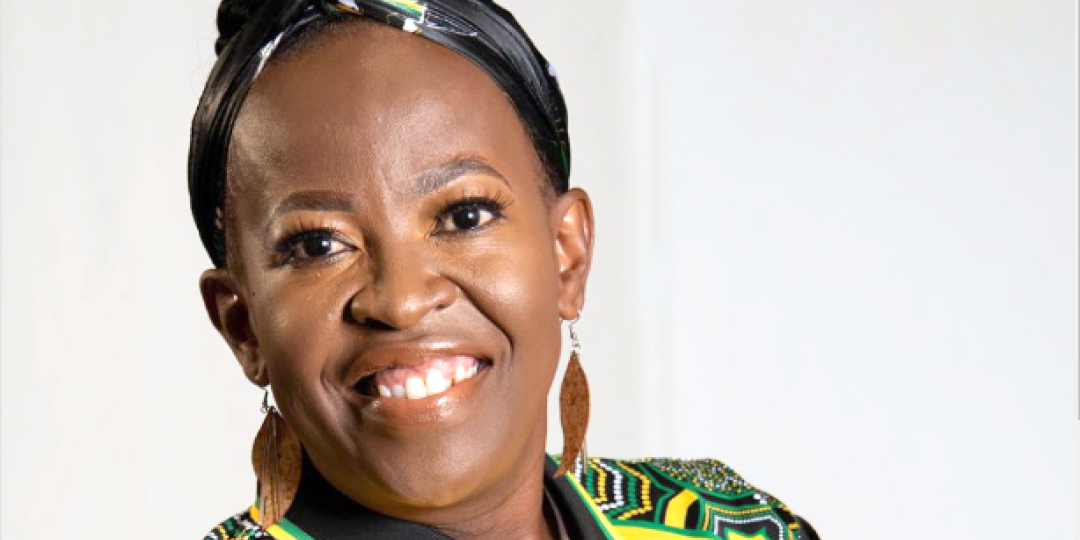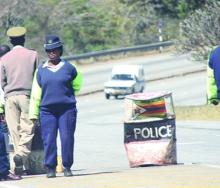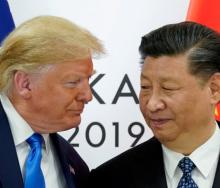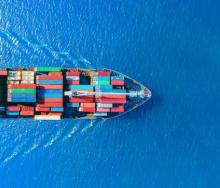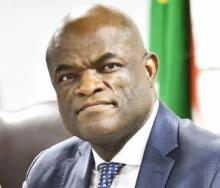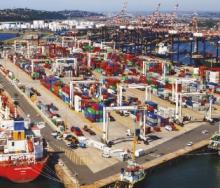The dissolution of the Department of Public Enterprises (DPE) and the shifting of Transnet to the Presidency for oversight under Maropene Ramokgopa, the newly appointed Minister for Planning, Monitoring and Evaluation, may bode well for the beleaguered logistics utility.
But 'may' is the operative word, explained Dr Ongama Mtimka, acting director at the Raymond Mhlaba Centre for Governance and Leadership at the Nelson Mandela University in Gqberha.
The political analyst, a regular speaker on the logistical panel circuit in South Africa, said the most important factor to consider is that the DPE had long since been suspected of meddling in the affairs of state-owned entities (SOEs).
With Transnet under the guise of presidential scrutiny, “it will hopefully reduce the conflicts that have been there about the role of the (parastatal's) board and the role of the minister under the erstwhile DPE”.
Mtimka said because of the broad scope of the DPE, it blurred the lines of what state entities were reporting to whom, “creating a lot of confusion in the process”.
More importantly, whereas the DPE under former minister Pravin Gordhan was supposed to fight the proverbial good fight in the aftermath of the grand-scale corruption years of Jacob Zuma and the Gupta brothers, it often seemed not to be the case.
“The DPE’s interventionist approach had been justified on the basis of preventing state capture,” Mtimka said.
“But it became a case of interring in the affairs of the SOEs, so much so that it threatened the independence of their respective boards."
He said he hopes that the boundaries of the SOEs under the office of the Presidency are going to be redrawn and that Ramokgopa, much like Michelle Phillips at the helm of Transnet, be allowed the space “to do her work without the interventionist attitude that developed during the Gordhan era”.
Mtimka said considering Ramokgopa’s bona fides, especially her loyalist association with President Cyril Ramaphosa, one can only hope that port and rail freight turnaround strategies already implemented by Phillips at Transnet, will be allowed to further develop for the sake of the country’s supply chain industry.
“She's a solid person and a fast-rising star in the ANC,” said Mtimka.
“But I’m cautiously optimistic.
“I don’t know who is connected to who in the governing party’s public enterprises story and I don’t want to respond with excitement.
“Obviously, if something is in the Office of the President, for stakeholders that usually means seamless processes of engaging with that office and getting certain decisions that favour the industry."
He said the new processes and procedures expected to be rung in by Ramokgopa will hopefully benefit all concerned stakeholders, both public and private.
“Interference in the matters of Transnet isn’t one-sided,” Mtimka argued.
“The separation between business and politics isn’t huge. People come wearing the cap of business but often have a network of politicians behind them,” he said.
He said it’s comforting though that Ramaphosa seems to have a genuine interest in steering the country away from a possible return to state capture looting and corrupt cadres, confirmed by the successful negotiation of a Government of National Unity (GNU) that excludes Zuma’s MK Party.
And yet, the proof is always in the pudding.
“If Ramokgopa can act with a degree of determination and commitment to the country and take pride in the journey she has undertaken, she will be able to do what is best for South Africa without kowtowing to the political interests of others."
However, Mtimka agreed that the power-sharing spat which spoiled the opportunity for co-governance between the ANC and DA in the country’s industrial nerve centre, means Ramaphosa has a Gauteng-sized GNU headache.
